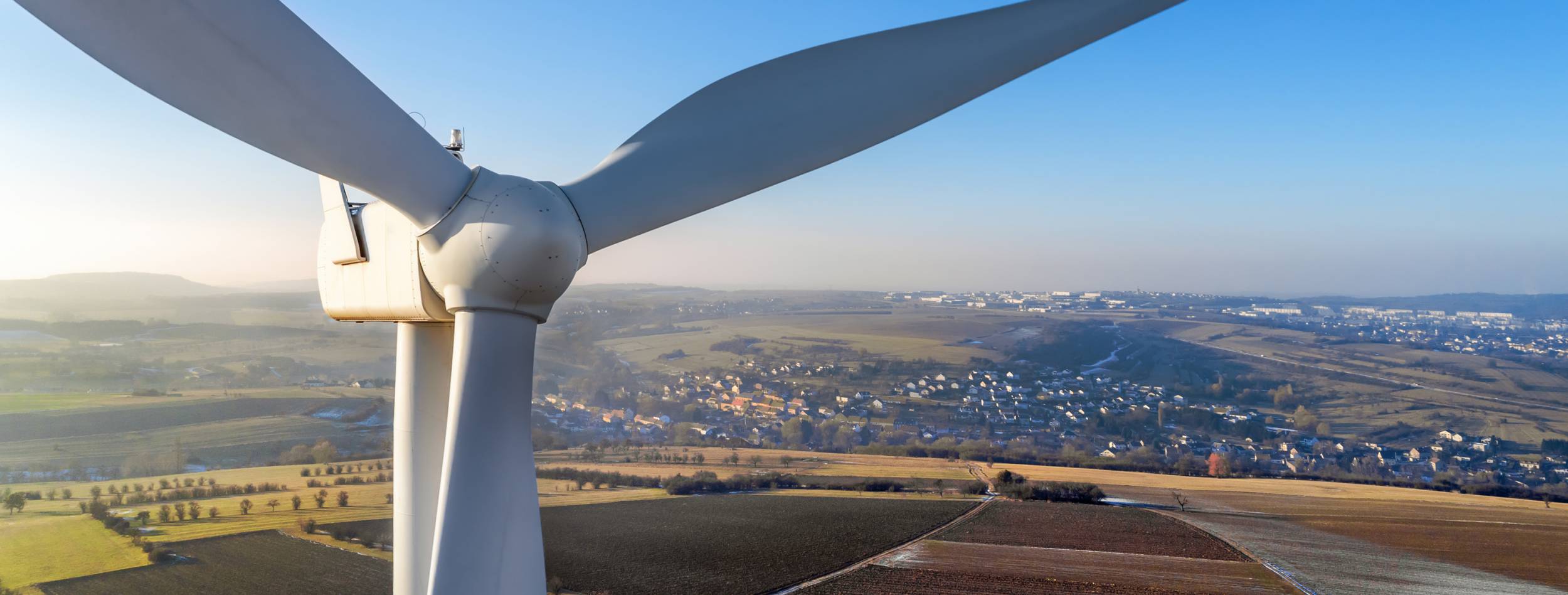
By Georgia Mae Lively–1/9/2020
In a move towards decreasing carbon emissions in the Commonwealth, Pennsylvania may become the next state to join the Regional Greenhouse Gas Initiative (RGGI, pronounced “Reggie”). Under an executive order from Governor Tom Wolf, the Pennsylvania Department of Environmental Protection (DEP) will begin drafting regulations on carbon pollution that would qualify the Commonwealth to join RGGI. RGGI currently consists of nine Mid-Atlantic states, with New Jersey (a former member) rejoining in 2020 and Virginia slated to join in 2021. RGGI is designed to slow the effects of climate change by cutting carbon emissions and driving investment in clean energy.
But what does it mean to join RGGI?
In operation since 2008, RGGI is an initiative for states in New England and the Mid-Atlantic region to engage in a cap-and-invest program that has limited, and will continue to limit, carbon emissions resulting from power generation. To qualify, participating states must not exceed the established limit on carbon dioxide emissions for that year. In 2019, that cap was 80.2 million tons, which is 1.8 million tons lower than what Pennsylvania’s power sector emitted in 2018. Hence, the DEP must draft regulations that would lower those emissions to the RGGI’s establish standard.
The investment portion of RGGI requires power producers burning fossil fuels to purchase one “allowance” per ton of carbon dioxide they emit. Allowances are environmental attributes that are offered and sold to power producers and other investors at periodic auctions conducted by the organization that administers RGGI. Essentially, each allowance permits a power producer to emit one ton of carbon dioxide in generating electricity. The proceeds from the sale of these allowances are then given back to states to be invested in energy efficiency, renewable energy, and bill rebates for consumers. The failure by power producers to purchase the required amount of RGGI allowances results in penalties.
Because Pennsylvania is such a significant player in the fossil fuel industry—as the fourth largest carbon emitter, third largest coal producer, and second largest natural gas producer in the country—it is not unreasonable to consider RGGI’s potential impact on the Pennsylvania economy. However, existing RGGI states have seen significant positive impacts to both their environments and their economies. Carbon emissions from powerplants in RGGI states have fallen 47% since its establishment, which is a 90% greater decrease than the rest of the country. At the same time, economic growth in RGGI states was 31% higher than the rest of the country, which includes a net benefit in economic activity of $4.7 billion, as well as thousands of jobs.
RGGI’s focus on reducing carbon emissions is very much in line with The Energy Co-op’s work and values. Since 1998, we have been doing our part to spur investment in renewable energy by supplying renewable electricity to Southeastern Pennsylvania. And Energy Co-op members can also opt to source their renewable electricity 100% from Pennsylvania wind- and solar generators in order to support local investment and local jobs in local clean energy. RGGI and The Energy Co-op are two very different mechanisms but with a common goal of leading the sustainable energy evolution and promoting responsible and efficient energy generation and consumption.